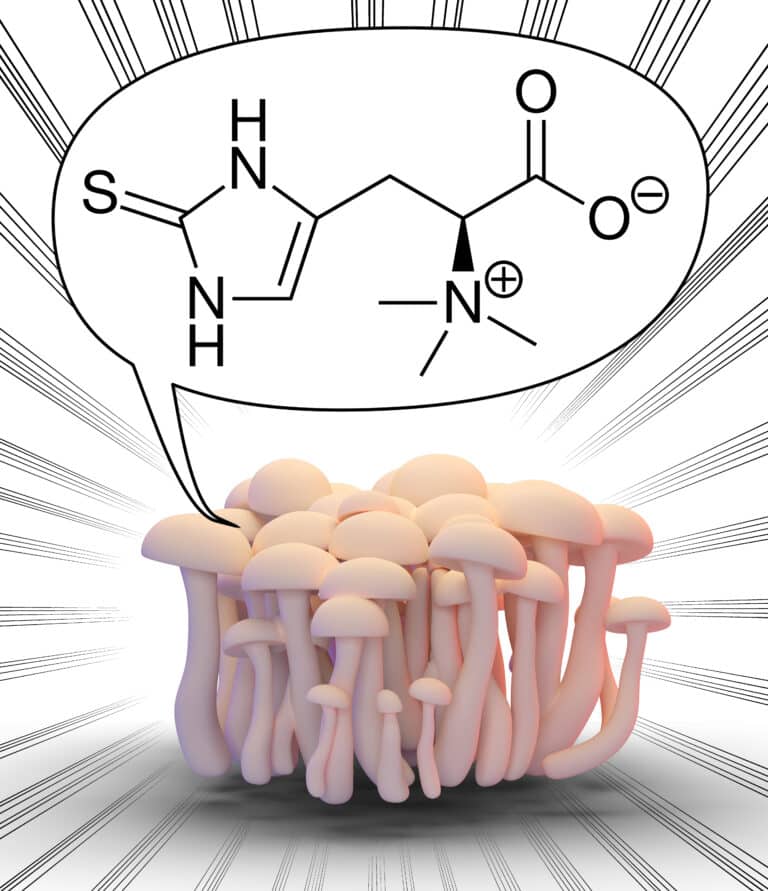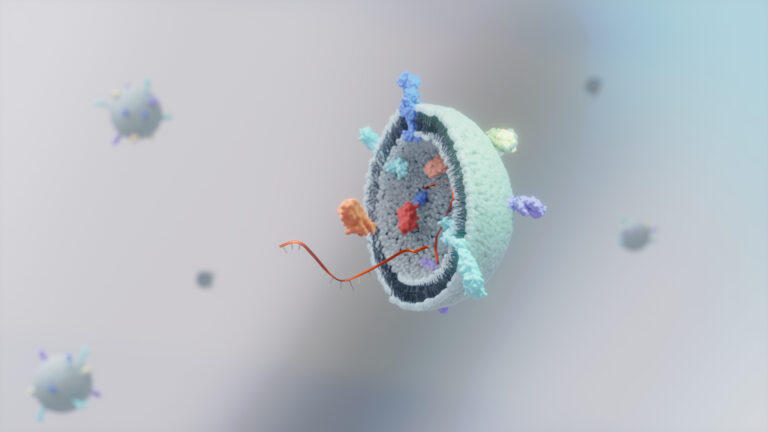Electrolytes
Electrolytes are vital for our body and its water balance. The minerals contribute to the regulation of muscle and nerve functions and ensure that the body’s water and acid-base balance remains stable. In the worst case, an electrolyte deficiency can have life-threatening consequences. Electrolyte cosmetics are a type of cosmetic products that contain electrolytes. Electrolytes…
Encapsulation: Innovative technologies for cosmetic products
In modern cosmetics, encapsulation is a key tool for protecting sensitive ingredients, increasing their bioavailability or creating special visual effects. It opens up completely new formulation options and enables the targeted control of active ingredient release. Encapsulation technologies have developed rapidly in recent years. In addition to the classic approaches, there are now novel methods…
Epigallocatechin-3-gallate
Epigallocatechin-3-gallate is a polyphenol that occurs mainly in green tea. In black tea, the proportion of epigallocatechin-3-gallate is significantly lower, since here the catechins become oligomeric theaflavins during fermentation. Epigallocatechin-3-gallate (abbreviated EGCG) is a valuable antioxidant and accounts for about one-third of the dry weight of green tea. Other natural sources include apple peels, onions,…
Ergothioneine (EGT)
When we think of antioxidants, vitamins A, C and E and polyphenols, which are found in many berries, tomatoes and spices such as turmeric, come to mind. Ergothioneine (EGT), on the other hand, is not yet so well known, although it has an extremely positive effect. The naturally occurring amino acid was named after the…
Exosome-based actives
Exosome-based actives at the highest level: a revolution in cosmetics The world of cosmetics never stands still, and one of the most exciting developments in recent years has been the introduction of highly effective exosome-based actives in skin care products. These microscopic vesicles are more than just a trend – they are a breakthrough in…
Face masks
Introduction If we want to really pamper our skin, we treat it to high-quality face masks on a regular basis. These are usually applied after cleansing the face, left on for a certain amount of time, and thus supply the skin with valuable minerals and vitamins. However, this only works if the face masks are…
Facial care between 20 and 30
Facial care between 20 and 30 is crucial for healthy, radiant skin – now and in the future. At this stage in life, the skin is usually resilient, able to regenerate and still produces sufficient collagen and hyaluronic acid. Nevertheless, stress, environmental pollution and the first signs of aging can already be noticeable. A well-thought-out…
Facial care between 30 and 40
With increasing age, the skin changes – and with it, the requirements for the right facial care between 30 and 40 years of age. While in the 20s, moisture and sun protection are the main focus, the skin gradually loses elasticity and regenerative capacity from 30 onwards. The first wrinkles, pigment spots or a pale…
Facial care between 40 and 50
With increasing age, the skin changes noticeably – elasticity, moisture content and collagen production decrease. This makes the right facial care between 40 and 50 all the more important, giving the skin exactly what it needs now. Wrinkles, pigment spots and a thinner skin structure are typical skin changes in this phase of life. With…
Facial care for those over 60
With increasing age, the skin changes – it becomes thinner, drier and loses elasticity. But with the right facial care for those over 60, it can look healthy, well cared for and radiant. At this age, the focus is no longer just on anti-aging, but above all on strengthening the skin barrier, intensive moisturizing and…







